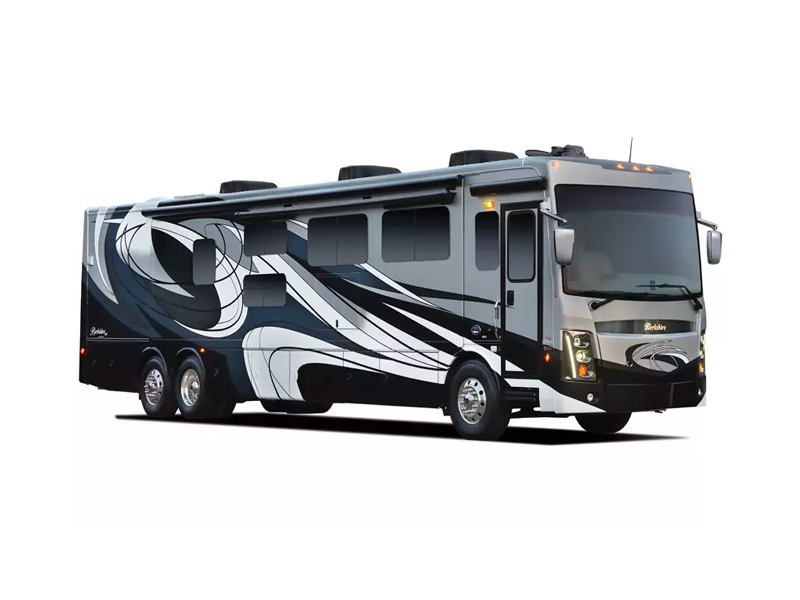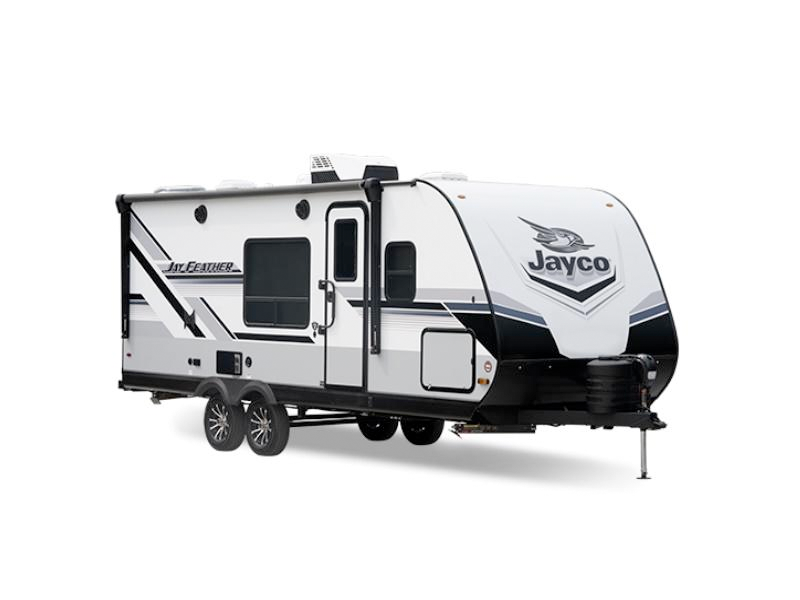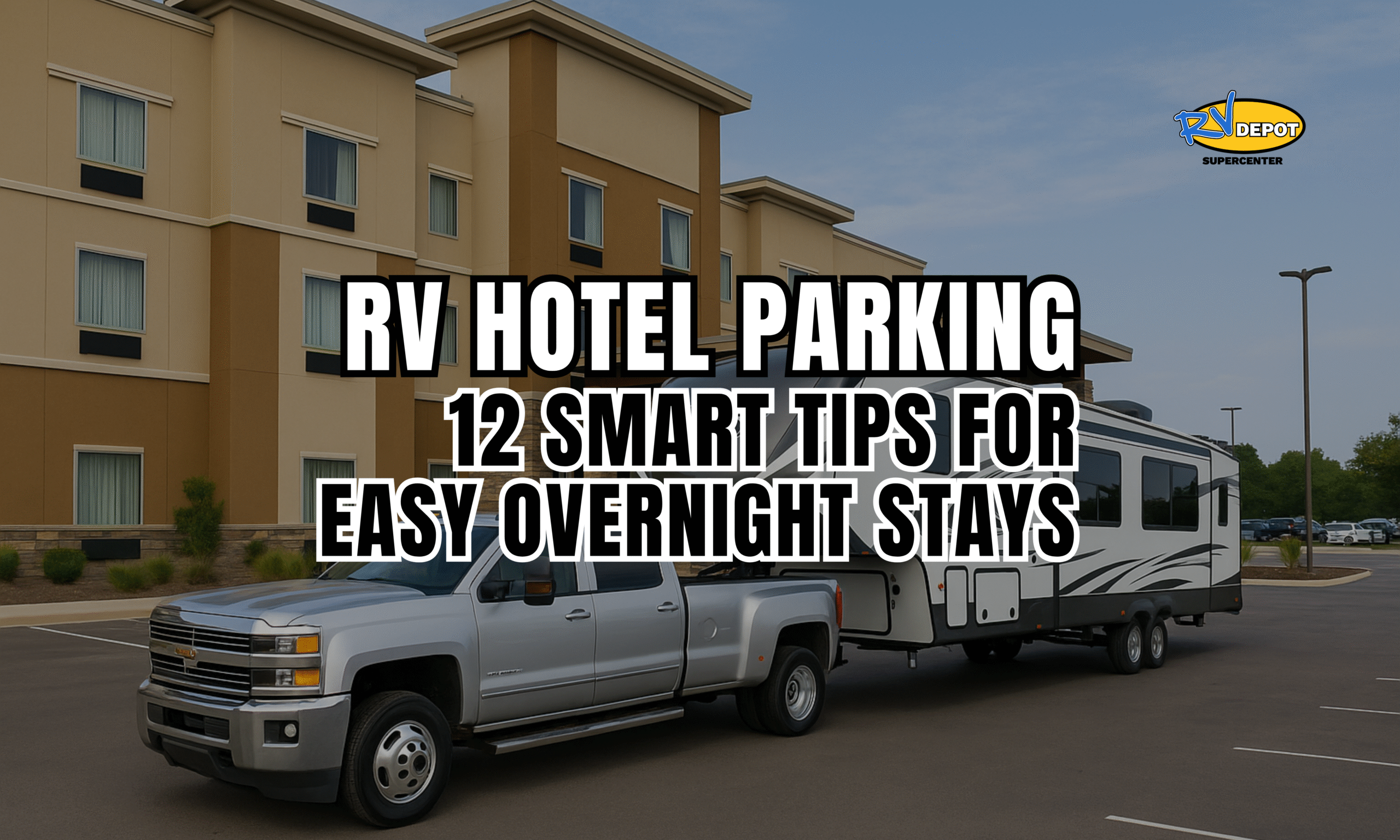Planning your next RV road trip and wondering about overnight accommodations? RV hotel parking might be more possible than you think—but success requires the right strategy, proper etiquette, and backup plans.
Whether you’re caught in bad weather, need a mid-trip break, or want access to hotel amenities, this comprehensive guide covers everything you need to know about parking your RV at hotels safely and legally.
The Reality of RV Hotel Parking: What Every Traveler Should Know: The short answer? Sometimes—but it’s never guaranteed. Most hotels weren’t designed with RVs in mind, and their parking infrastructure caters to standard passenger vehicles. However, thousands of RVers successfully park at hotels nationwide by following proven strategies and maintaining excellent guest etiquette.
According to the American Hotel & Lodging Association, approximately 35% of roadside hotels can accommodate oversized vehicles in some capacity, while only 8% have designated RV parking areas. This means your success largely depends on timing, location, and approach.
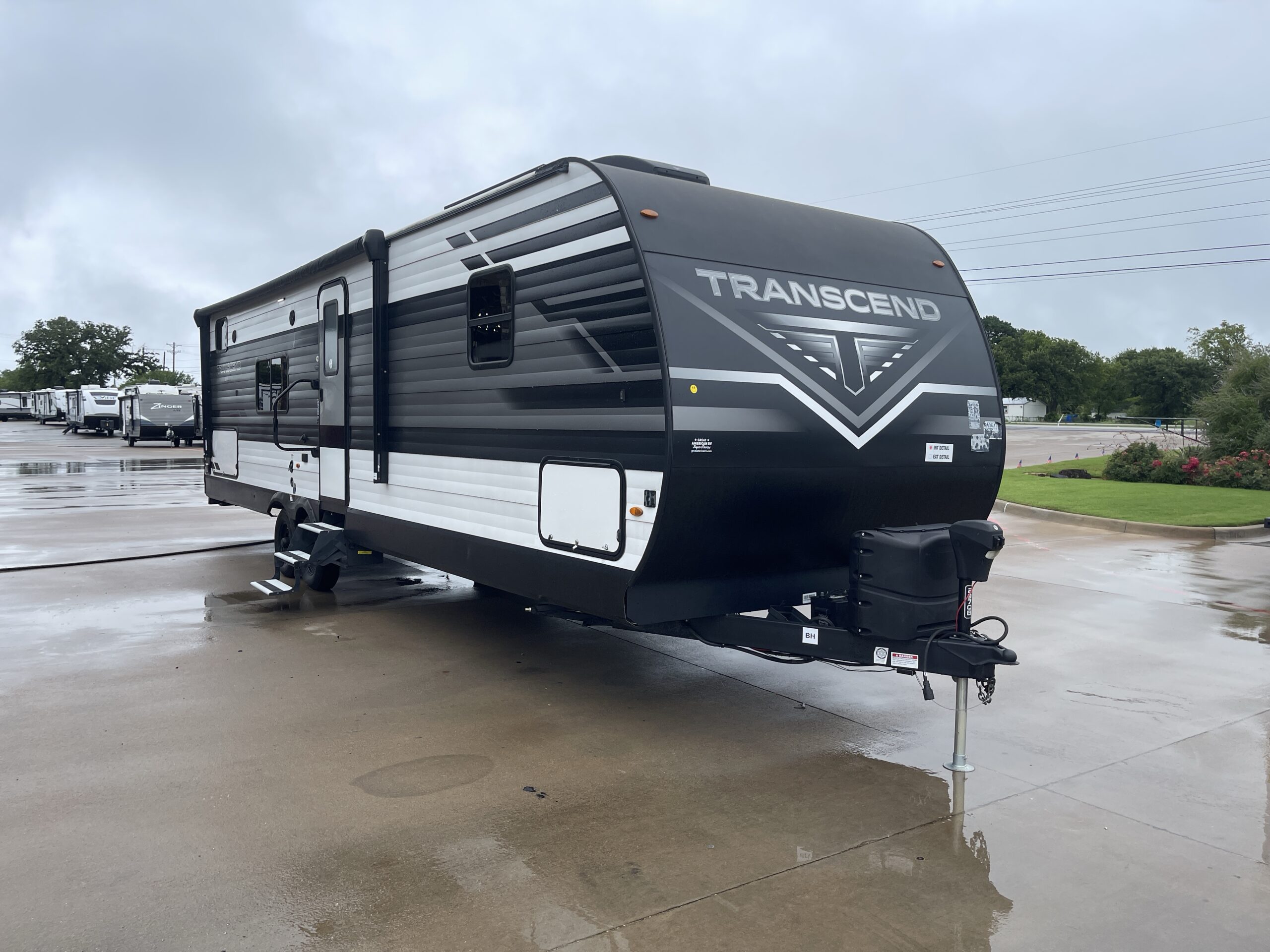
Essential Strategies for Successful Hotel Parking
Always Call Ahead: Policies Vary Dramatically
Hotel parking policies differ not just between chains, but between individual properties. A Hampton Inn in rural Texas might welcome RVs, while the same brand in downtown Dallas won’t allow them.
When calling ahead, be sure to ask whether they allow RV or oversized vehicle parking, if there’s a designated area for RVs, what their overnight parking fees are, whether you can stay in your RV overnight or if it’s parking-only, and if there are any size restrictions for length, height, or weight. You should also inquire about any available hookups, though these are extremely rare at hotels.
The key is speaking directly to the hotel manager or front desk staff rather than relying on third-party booking platforms, which rarely include RV-specific policies. Desk agents have the most current information about parking availability and can often make exceptions on a case-by-case basis.
Target the Right Hotel Types and Locations
Your success rate improves dramatically when you target the right properties. Highway corridor hotels along major routes like I-35, I-10, and I-40 tend to be much more accommodating than urban properties. Hotels adjacent to truck stops, rural and small-town locations, extended stay properties, and hotels near RV dealerships typically understand RV travelers better and have more flexible policies.
On the other hand, downtown urban hotels, airport properties, resort destinations, and convention center hotels rarely have the space or infrastructure to accommodate RVs. These locations often have strict parking restrictions due to space limitations and local ordinances.
Master the Art of Timing
When you arrive can make all the difference in securing hotel parking. Weekday arrivals, particularly Tuesday through Thursday, generally see better success rates than weekend requests. Off-season travel helps avoid peak demand periods, and late afternoon check-ins between 3-5 PM often coincide with when managers are present and able to make exceptions.
You’ll want to avoid Friday through Sunday arrivals when possible, major holiday weekends, local event weekends, and peak summer travel months when hotels are at capacity. A quick check of local city calendars can help you identify potential high-demand periods to avoid.
Understand Hotel Chain Policies and Fees
Different hotel brands have varying approaches to RV accommodation. La Quinta properties tend to be generally RV-friendly across most locations, while Hampton Inn and Holiday Inn Express locations are often accommodating, particularly at highway properties. Fairfield Inn handles requests on a case-by-case basis, while Marriott and Hilton properties typically have stricter policies and limited availability.
Most hotels that allow hotel parking charge additional fees, which can range from $10-15 per space occupied per night, flat RV fees of $20-40 regardless of size, or a percentage of the room rate. Some properties charge utility fees of $5-10 if electrical outlets are provided. It’s always wise to ask about these fees upfront and request written confirmation to avoid surprise charges at checkout.
What to Expect (And What Not to Expect)
Hotels aren’t campgrounds, so it’s important to manage your expectations accordingly. Don’t expect water hookups, sewer connections, 30 or 50 amp electrical service, dedicated dump stations, or perfectly level parking surfaces. However, some properties occasionally offer 15-amp outdoor outlets with permission, water spigots for fresh tank filling, overflow parking areas with better access, and security lighting in parking areas.
The amenities you’re paying for are typically the hotel room itself and access to standard hotel facilities like pools, fitness centers, continental breakfast, and WiFi. The RV serves as your accommodation while parked, much like it would at a truck stop or Walmart parking lot.
Navigate Local Laws and Restrictions
Even with hotel permission, local ordinances might prohibit overnight RV parking. Many cities have time limits restricting commercial lot parking to 2-4 hours, zoning restrictions that prohibit overnight RV parking entirely, size limitations with length restrictions in urban areas, and noise ordinances affecting generator and AC unit use.
Before settling in for the night, it’s worth contacting local police non-emergency lines to ask about restrictions, checking city and county websites for parking ordinances, or using apps like CampGo or AllStays for local restriction information. Hotel staff can often provide insight based on their experience with local enforcement as well.
Perfect Your RV Hotel Parking Etiquette
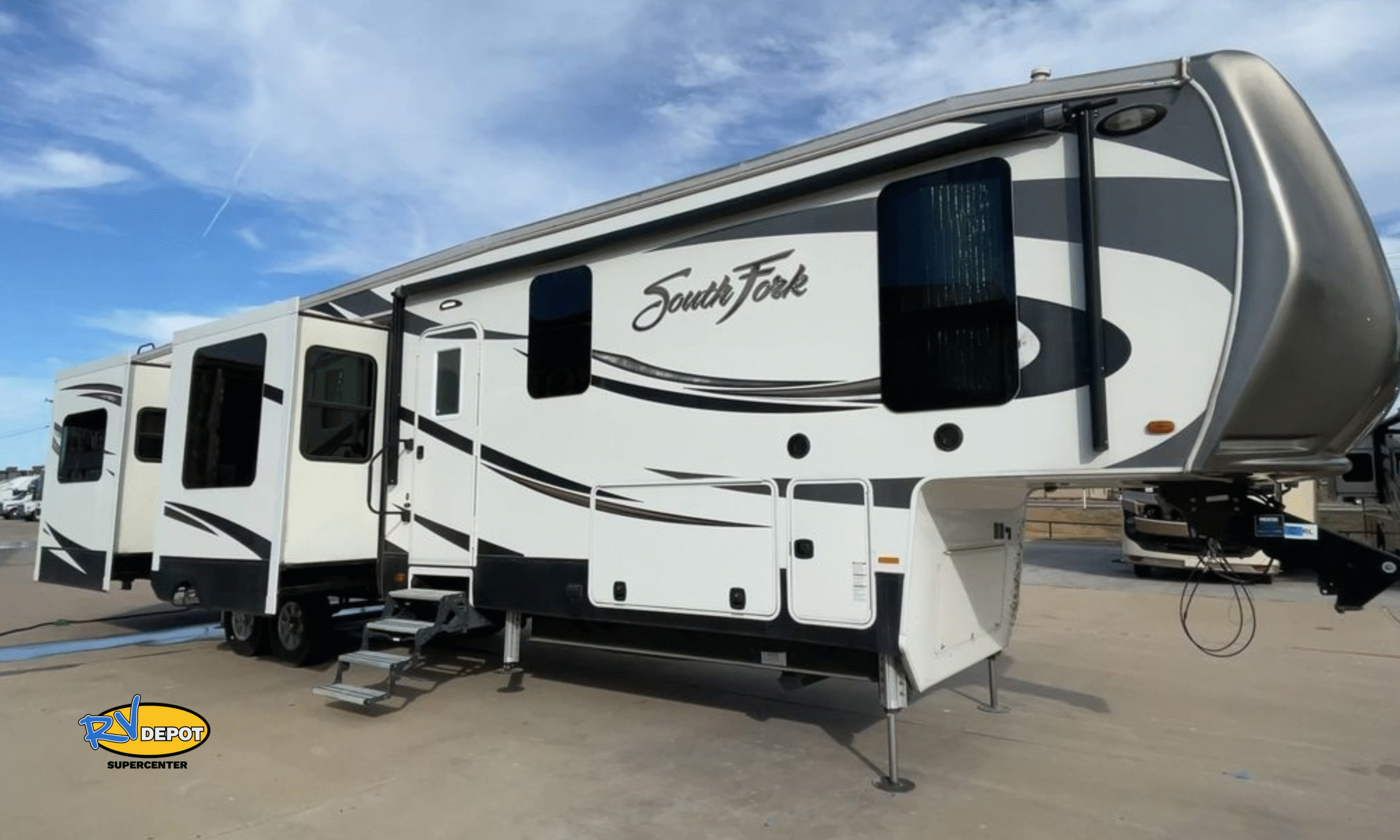
Being a respectful guest ensures future RV travelers are welcomed at the same properties. This means calling ahead and getting explicit permission, parking on the perimeter or in designated truck areas rather than blocking main entrances, keeping a low profile without setting up camp chairs or BBQs, and paying applicable fees promptly and graciously.
You should also clean up meticulously before departing, respect quiet hours (typically 10 PM to 6 AM), use hotel facilities respectfully without monopolizing lobby areas or WiFi, and thank management for accommodating you. Avoid assuming all hotels allow RVs, turning parking lots into campsites, negotiating or complaining about reasonable fees, leaving trash or gray water, running generators or loud AC units at night, or acting entitled to special treatment.
Backup Plans Every RVer Should Know
Smart RVers always have alternatives ready when RV hotel parking doesn’t work out. Walmart Supercenters often allow overnight RV parking, though you should always call ahead to confirm. Cracker Barrel locations are generally RV-friendly chain-wide, and Cabela’s or Bass Pro Shops outdoor retailers often allow overnight parking as well.
Twenty-four hour truck stops like Flying J, Pilot, and TA locations provide reliable overnight options, though they can be noisy and offer limited privacy. For more unique experiences, consider Harvest Hosts memberships for farm and winery stays, Boondockers Welcome for free overnight parking networks, or apps like iOverlander and Campendium for crowd-sourced parking locations.
When Hotels Make Perfect Sense for RVers
There are specific scenarios where RV hotel parking becomes the ideal solution. Severe weather conditions requiring secure, covered parking make hotels attractive, as do multi-day stopovers in areas where RV parks are expensive or unavailable. Business travel requiring professional appearances, traveling with non-RV companions who prefer hotel accommodations, and needing access to specific amenities like pools or fitness centers all favor hotel stays.
Urban exploration where RV parks are distant from attractions and holiday periods when campgrounds are booked solid also make hotels a practical choice. The key is recognizing when the benefits of hotel amenities and location outweigh the additional costs and logistics involved.
Seasonal and Regional Considerations
RV hotel parking success varies significantly by region and season. The Texas and Southwest regions typically offer high success rates due to wide-open spaces and established RV culture, with truck-friendly infrastructure along major interstate highways and extended stay properties that often accommodate longer RVs.
Mountain states like Colorado, Utah, and Wyoming present seasonal variations with winter restrictions common, height clearance concerns in mountain communities, and tourist area premiums during peak seasons. East Coast travel involves different challenges including limited space in urban areas, historic districts with size and weight restrictions, and higher parking fees reflecting real estate costs.
Summer travel during peak season requires booking accommodations 2-3 months ahead and expecting higher parking fees, while winter travel brings weather-related challenges that increase hotel demand. Spring and fall shoulder seasons typically offer the best availability and rates with more flexible policies from hotel management.
Cost Analysis: Making Smart Decisions
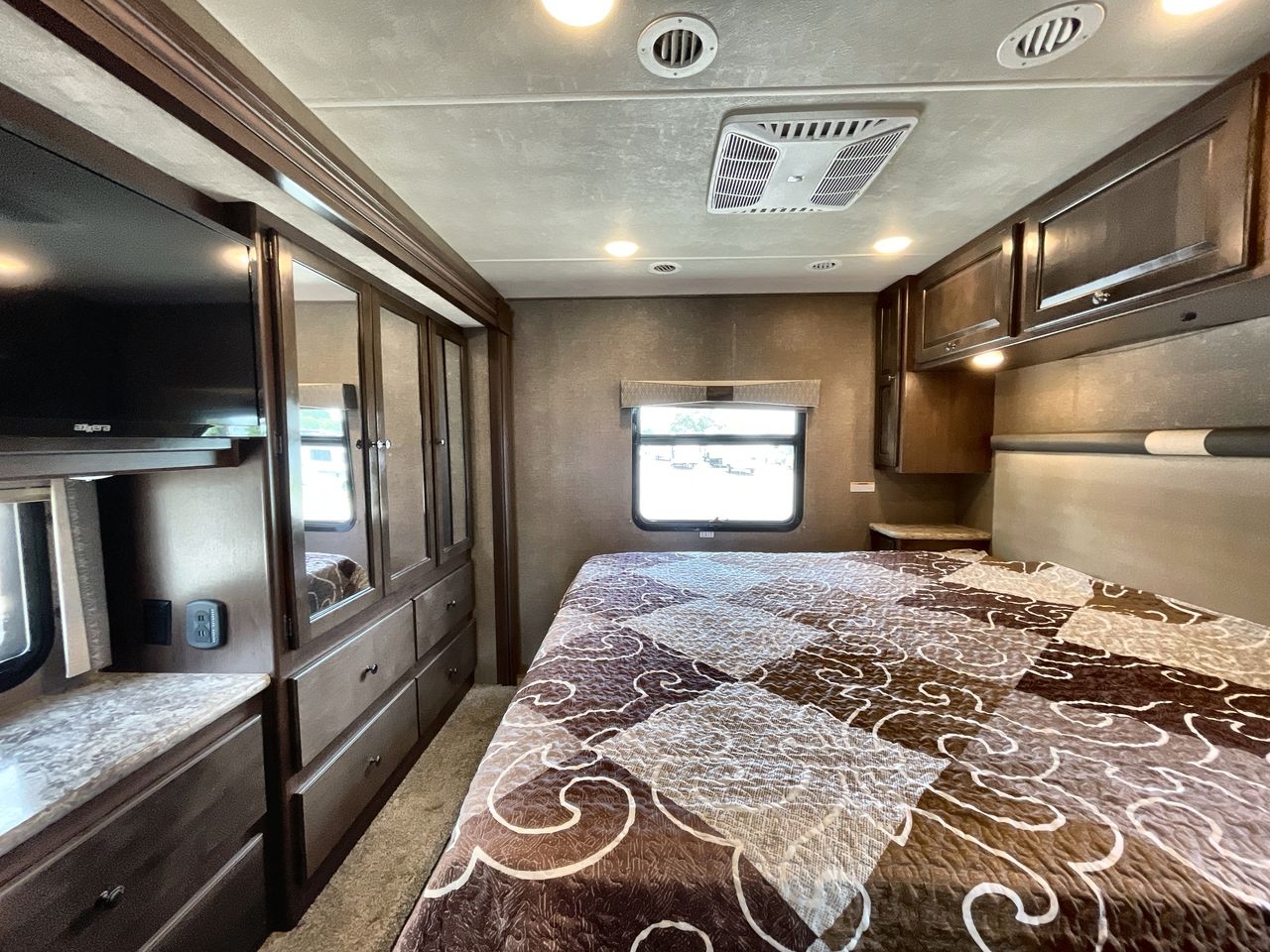
When evaluating RV hotel parking options, it’s helpful to compare total costs. A typical hotel room plus RV parking might run $120-180 per night but includes amenities and security. RV parks and campgrounds typically cost $35-65 with full hookups and community atmosphere, though they may require advance reservations.
Free parking options like Walmart or truck stops range from $0-25 and offer cost-effectiveness but lack amenities and may have restrictions. The choice often comes down to your priorities: convenience and amenities versus cost savings and full hookups.
Emergency Strategies When You’re Desperate
Sometimes you’ll find yourself needing overnight parking with limited options. In these situations, try contacting hotel security directly since they often have override authority, or explain your specific situation to management since weather emergencies often generate sympathy. You might offer additional compensation, ask about overflow lots that many hotels maintain, or request manager contact information for higher authority approval.
Always document any agreements you reach, keeping written confirmation through texts or emails, requesting written parking passes or permits, and maintaining receipts for all parking fees paid. If problems arise later, remain calm and professional while referencing your documented permission.
Building Long-Term Success
Creating positive relationships with hotels that accommodate RVs benefits the entire RV community. Maintain detailed records of RV-friendly properties, provide positive online reviews for accommodating hotels, and share recommendations with fellow RVers. Return to properties that treat you well and refer other RV travelers to create mutual benefits for everyone involved.
Expert Advice from RV Depot Supercenter
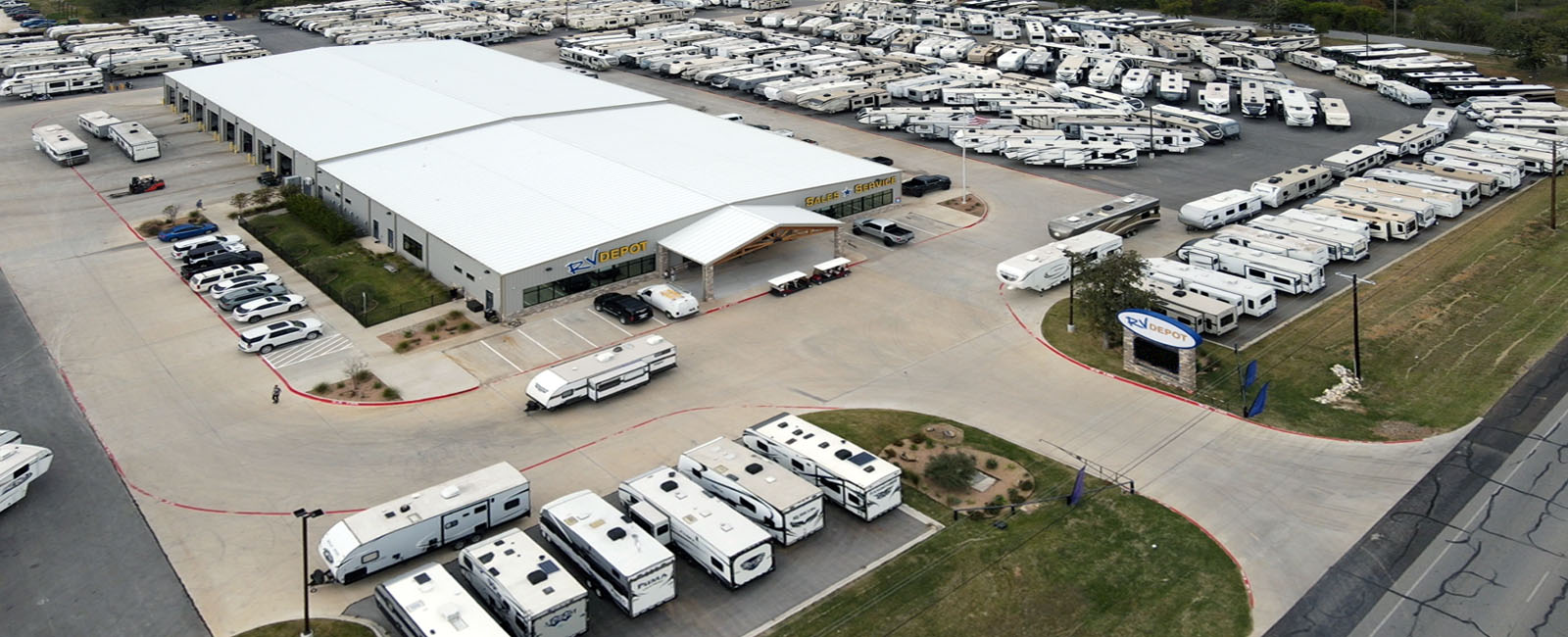
At RV Depot Supercenter in Cleburne, Texas, we understand that successful RV travel often requires creative parking solutions. Our experienced sales team regularly helps customers choose RVs that work well for diverse travel scenarios, including those who frequently need RV hotel parking options.
When selecting an RV, consider how often you’ll need to use hotel parking and choose your unit accordingly. Our knowledgeable team can show you compact Class C motorhomes and shorter travel trailers that offer full amenities while maintaining manageable dimensions for challenging parking situations. We stock a carefully curated selection of quality RVs from trusted manufacturers, ensuring you get a reliable unit that serves you well whether you’re at a full-hookup campground or a hotel parking lot.
Our sales professionals understand the real-world challenges of RV travel and can provide valuable insights about which floor plans and features work best for different travel styles. Whether you’re a weekend warrior who occasionally needs hotel accommodations or a full-timer who values parking flexibility, we’ll help you find the perfect match from our extensive inventory.
The difference at RV Depot Supercenter isn’t just our quality selection—it’s our team’s genuine understanding of RV life and the practical considerations that make trips successful. We’re here to support your RV lifestyle with expert advice, quality equipment, and the kind of service that keeps customers coming back.
Ready to find an RV that works perfectly for your travel style? Visit RV Depot Supercenter in Cleburne, Texas to explore our inventory, get expert recommendations from our knowledgeable sales team, and discover why we’re the preferred choice for RVers throughout Texas and beyond. 📞(817) 221-0660
For more RV travel tips, expert advice, and to browse our current inventory, visit our website or stop by our Cleburne showroom. We’re here to help you find the perfect RV for every adventure.


